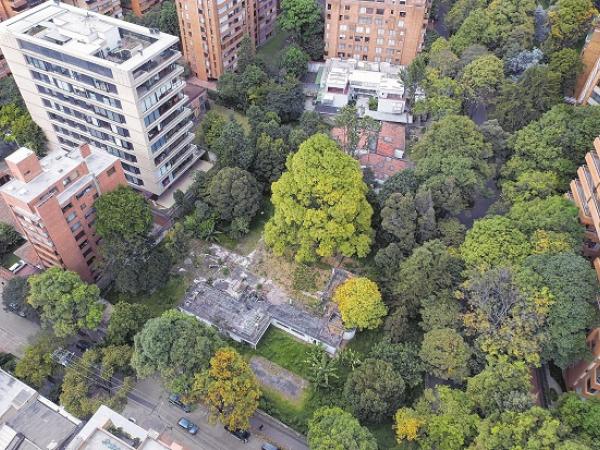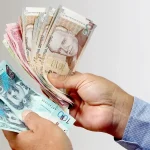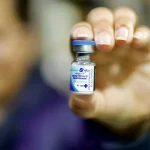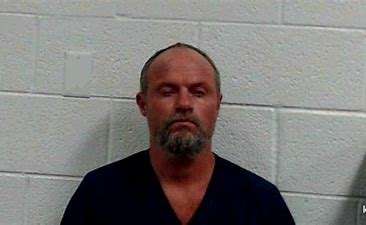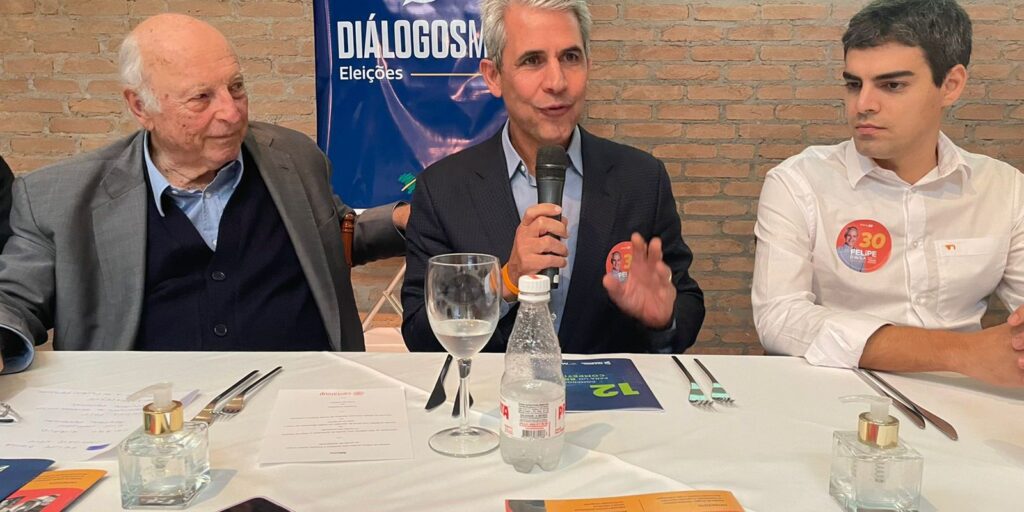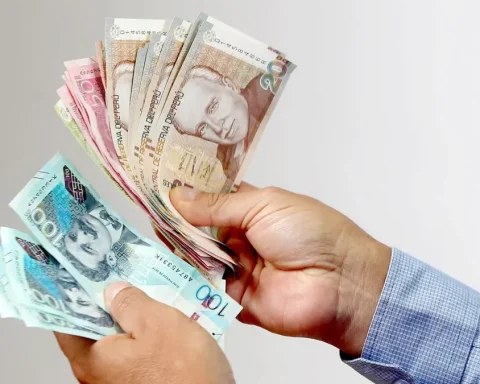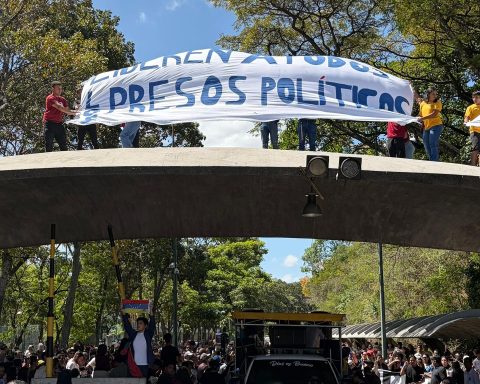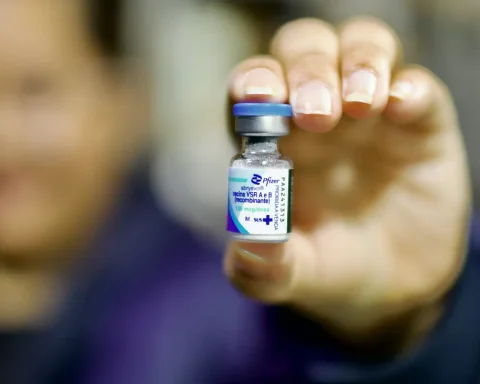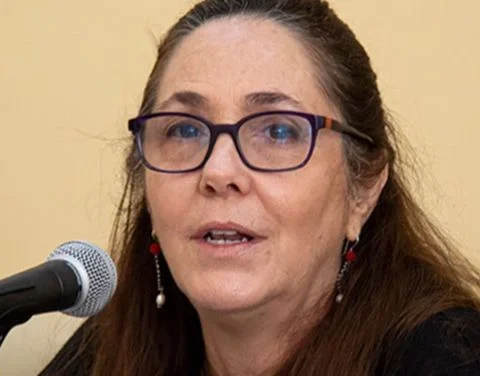The expectation that there is for Colombian agriculture in the agenda of the government of Gustavo Petro opens the gaze on what is coming for the next four years. The Minister of Agriculture and Rural Development, Cecilia Lópezspoke about the roadmap and the plans he has for the sector.
What is going to be the roadmap that the ministry will take?
We could synthesize it in five points. First, we do not need a law to carry out an agrarian reform because we already have Law 160 and Decree 102. What is sought is to add that there is no land in the country that does not produce what it has the potential to generate.
The second point is that peasants, Afro-descendants, indigenous people, sectors that live in the countryside, a population that has been very unprotected, have a transformation of access to public goods and technical assistance to produce in the best conditions.
The third point is a sustainable comprehensive rural reform. It is a joint effort with the Ministry of the Environment, which, as we have stated, the ecological limits and the regeneration of ecosystems are a guarantee of agriculture for life. Another objective is to make the productive chains with a diversified and fair agro-industrial ecosystem that aims to solve the problem of hunger.
And the fifth is the territorial approach. Once we have the central points, which is production, peasants, sustainability, production chains, the fundamental thing is that it be done in the territories, it will not only be politics in general, but that it lands in the territory with its peculiarities.
How will the agrarian reform be?
It will have different components. The first is to see what we can do with the land of ‘the drug traffickers’: which one can be used and distributed, because not all of it can be. We will also emphasize the degree. Many of the problems of the peasants lie in the fact that they do not have title to their properties, which limits their access to credit and many of the benefits of the sector’s policy.
And third, it is to guarantee that there are no unproductive lands, this is based on the multipurpose cadastre (…) In the countryside, historically, the value of the land has been dramatically underestimated. We are just in the process (…) Once you have the cadastre and pay the tax, you will be able to have much more access to different benefits.
Cecilia Lopez
Claudia Rubio. Archive THE TIME
How are you going to incentivize credits?
We are going to meet with the presidents of the banks who are very inclined to do this. The Agrarian Bank and Finagro are going to have a change, they are going to be institutions for agricultural credit again. They are going to have to be a model in this rehearsal that we are going to do, but I also need private banking, which has shown its will, to take this as a new challenge. I am one of the people who believes that it is not subsidies that make people productive, rather well-managed credit, at low cost with an aid package, with the land, and with what we would do for territory.
How to guarantee food security and sovereignty?
Before the pandemic, Colombia already had unjustifiable food insecurity problems. In the country, it was said that food insecurity was not due to lack of food, but rather due to lack of income. I am very concerned because with the problem of rising inputs and what we are seeing in food prices, these situations may begin to combine, especially for the next harvest.
In what position is Colombia against Monómeros?
I know that there are some conversations with Monómeros, but the only thing I know is that the goal is for Colombia not to be so dependent on the price of international inputs and that we make an effort for internal production.
Will the tariffs for the importation of corn and soybeans go up?
The first meeting of productive chains is going to be that of corn and soybeans, which includes everything that is used for processing. Here the idea is to substitute imports, but in a way that does not harm the supply.
We need to look at the size of corn production we have today, which is very small (…) to encourage national production.
How are exports going to be strengthened?
The recovery of the field has to go in two directions. The basic one is to activate the peasant population that has been abandoned, this implies not only having sufficient supplies, but also generating foreign exchange. If you want to be a global power, you also need not only to produce for domestic consumption, but also to enter the world food markets, both direct and processed and agro-industrial.
Would the tax affect agribusiness?
We have a weight of tax on GDP that is not manageable. But to that we have a very complicated fiscal situation, the debt, everything that the minister has talked about, but we also need resources.
I am asking for a 30% increase in the budget and with all that, I have to encourage credit.
How to strengthen the role of women in the field?
For me it is very clear to put productive projects to women. That is going to change his life because there he can have the only thing that can match the situation of men in the countryside: economic autonomy.
Diana K. Rodriguez T.
